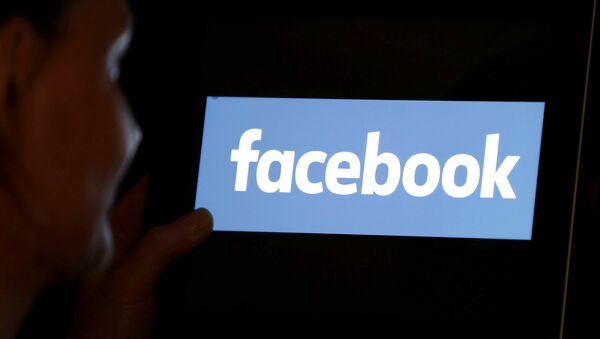This may explain why the embattled social media giant has entered a commercial partnership with The Daily Telegraph, under which the UK's fourth most popular newspaper has been flooded with content promoting Facebook's interests, and countering common criticisms, such as the site providing a platform for extremist content, cyberbullies, hate speech and bots and ‘trolls'.
Other pieces promote Facebook's charitable endeavours, offer guidance on how parents can protect their children from digital abuse, and dismiss ‘technofears' on the basis humans "are a technological species, and always have been", "there is very little evidence to suggest screen-time is a significant factor in real social and personal issues, including wellbeing, depression and violence".
Some cognitive dissonance between the Telegraph's Facebook sponcon page and its actual tech homepage pic.twitter.com/6zdIjlsXLn
— Ryan Mac (@RMac18) April 3, 2019
In all, 26 stories have been posted since 6th March, under the banner of ‘Being human in the information age'. For instance, on 13th March a feature was published documenting the various measures Facebook's had undertaken to "ensure terrorist content is identified and removed as swiftly as possible", using a variety of techniques including artificial intelligence.
The borderline bilious irony doesn't end there — a 6th March piece spoke glowingly of Facebook's efforts to crack down on ‘hate speech' in all its forms among the network's users. Somewhat undermining this apparent success, in the first week of April Facebook refused to remove a video of Canadian nationalist Faith Goldy demanding Jews and Asian and African immigrants repay white European countries they've "invaded", on the basis it didn't breach its policies on racist and anti-semitic content.
Same Old Story
It's unclear how much the Telegraph is receiving for the arrangement, or which side is responsible for formulating story ideas — although it's not the first time Facebook has entered such a relationship with a UK media outlet. In 2016/2017, the social network paid The Guardian to run a number of puff-pieces on its behalf. The articles have since been removed from the web, for reasons unclear.
Definitely nothing new, but given that a lot of people probably don't distinguish between sponsored native content and actual news reports, remains problematic. I say this without any data to back up my claim re: distinguishing and would happily be corrected
— EthanBaron (@ethanbaron) April 4, 2019
Moreover, ‘sponsored native content' — companies paying for media organizations to produce positive articles on their behalf — is an increasingly popular source of revenue of cash-strapped media outlets in the digital age, although academic studies have been somewhat critical of the practice.
For instance, a 2016 University of Georgia study said sponsored native content effectively amounted to ‘"deception", finding 60 percent of readers failed to notice the disclosure label which legally must adorn sponsored articles, and only 20 percent of people were aware they were reading advertorial rather than editorial content.
However, there are indications some media outlets have struck surreptitious agreements with major advertisers to produce sponsored content without even perfunctory disclosure labels in place. In May 2018, it was revealed London's Evening Standard paper, edited by former Conservative Chancellor George Osborne, agreed a multi-million pound deal with six 'blue chip' firms — including Google and Uber — to provide them with extremely positive news coverage.
Online experiment finds that less than 1 in 10 people can tell sponsored content from an article — A new study revealed that most people can’t tell native advertising apart from actual news articles https://t.co/uBSL8b2Li1 pic.twitter.com/HCgXKFkO8J
— Massimo (@Rainmaker1973) January 20, 2019
Clients were to receive "numerous news stories, comment pieces and high-profile backers" in the Standard, with concerted campaigns conducted in tandem with the firms' own planned communications and marketing strategies. The Standard told the firms involved other media outlets would also likely pick up the "favourable" paid-for stories too.
The move was nonetheless perhaps unsurprising given the Evening Standard's Commercial Director, Jon O'Donnell, said in 2016 the "strict divide" between editorial and advertising at newspapers was "doing more harm than good".





